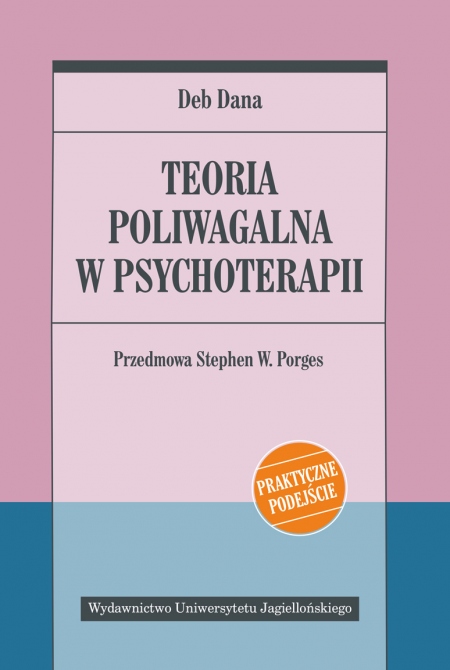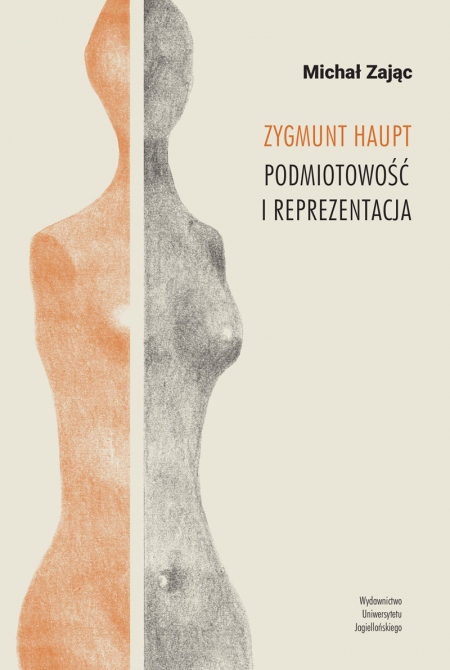
Ja we wczesnej schizofrenii
Pages: 186
Book format: B5
Publication date: 2015
Release date: 22.04.2015
Book description
The study seeks to advance our understanding of early schizophrenia patients; intelectual as well as emotional.
The investigation was conducted in the second half of the 20th century at the Psychiatric Clinic of the Medical Academy in Krakow. It involved sixty in-patients diagnosed according to the then prevalent Bleulerian criteria as early schizophrenic.
The study adopted the phenomenological approach in opposition to the prevalent scientific methodology of natural sciences. A half century later, the author re-analyzed extant literature in phenomenology and re-examined his original data, focusing on the experience of self.
In psychiatry, phenomenology provides a framework in which to describe subjective experiences, especially those regarded as pathological. An application of this method requires careful avoidance of terms prevalent in theories that seek to explain the origin of psycho- pathological symptoms. Early conceptions of schizophrenia suggests that it is a disorder of conciousness. However, it is only recently that researchers are focusing on the experience of self in schizophrenia.
The benefits of an interpretative phenomenological analysis are twofold. First, the analysis highlights the idea of conventionality of current psychiatric nosology. Second, it endorses an emotional understanding of the patient as key to successful treatment. A phenomenological perspective may be useful in psychotherapy and in educating family members of the schizophrenic patient.
The investigation was conducted in the second half of the 20th century at the Psychiatric Clinic of the Medical Academy in Krakow. It involved sixty in-patients diagnosed according to the then prevalent Bleulerian criteria as early schizophrenic.
The study adopted the phenomenological approach in opposition to the prevalent scientific methodology of natural sciences. A half century later, the author re-analyzed extant literature in phenomenology and re-examined his original data, focusing on the experience of self.
In psychiatry, phenomenology provides a framework in which to describe subjective experiences, especially those regarded as pathological. An application of this method requires careful avoidance of terms prevalent in theories that seek to explain the origin of psycho- pathological symptoms. Early conceptions of schizophrenia suggests that it is a disorder of conciousness. However, it is only recently that researchers are focusing on the experience of self in schizophrenia.
The benefits of an interpretative phenomenological analysis are twofold. First, the analysis highlights the idea of conventionality of current psychiatric nosology. Second, it endorses an emotional understanding of the patient as key to successful treatment. A phenomenological perspective may be useful in psychotherapy and in educating family members of the schizophrenic patient.
Authors
Jerzy Zadęcki
ISBN: 978-83-233-3892-5
Country of producer: Poland
RECOMMENDED BOOKS
NEW BOOKS

Ja we wczesnej schizofrenii
Choose chapters to buy:
Order value:
0.00 zł























